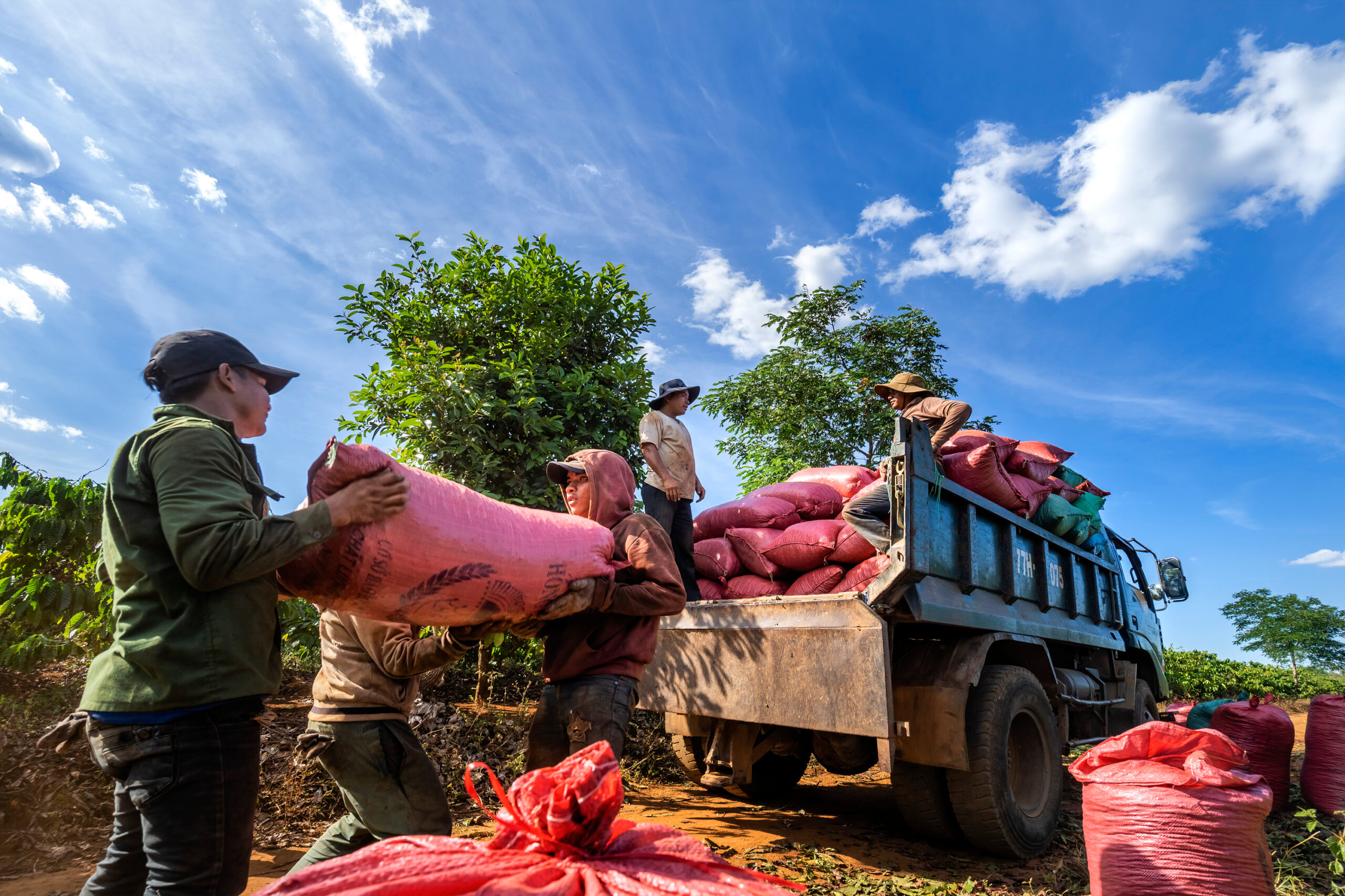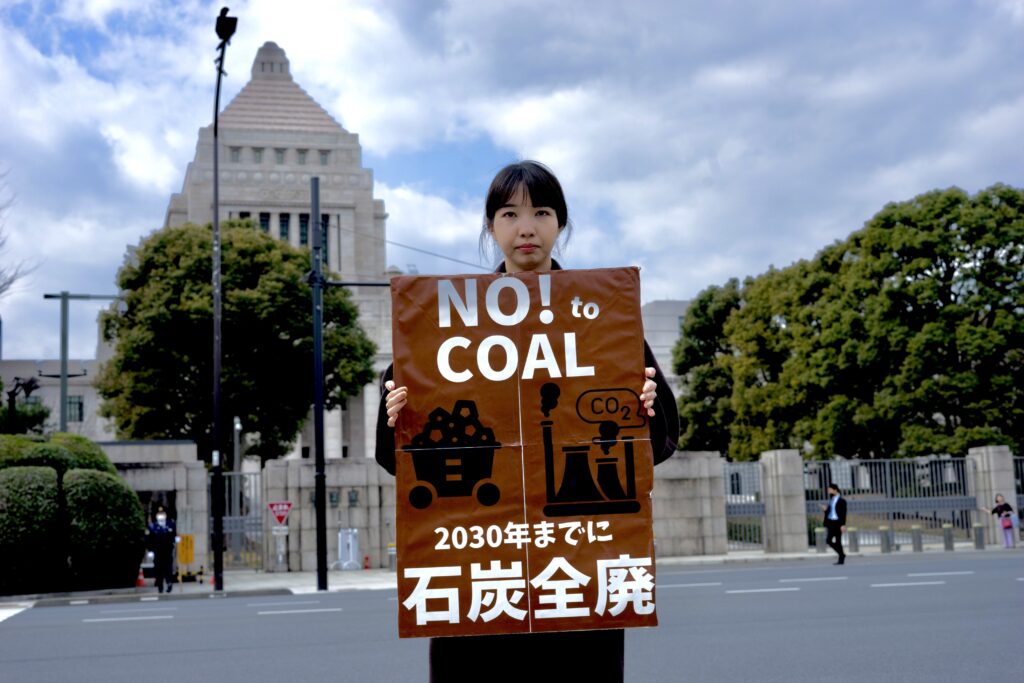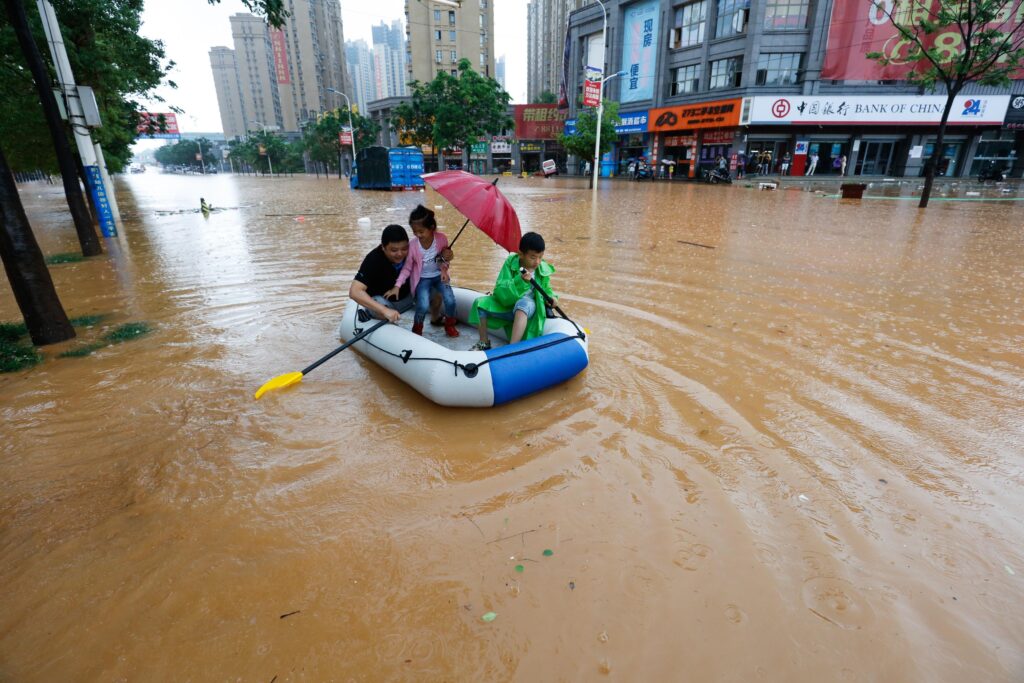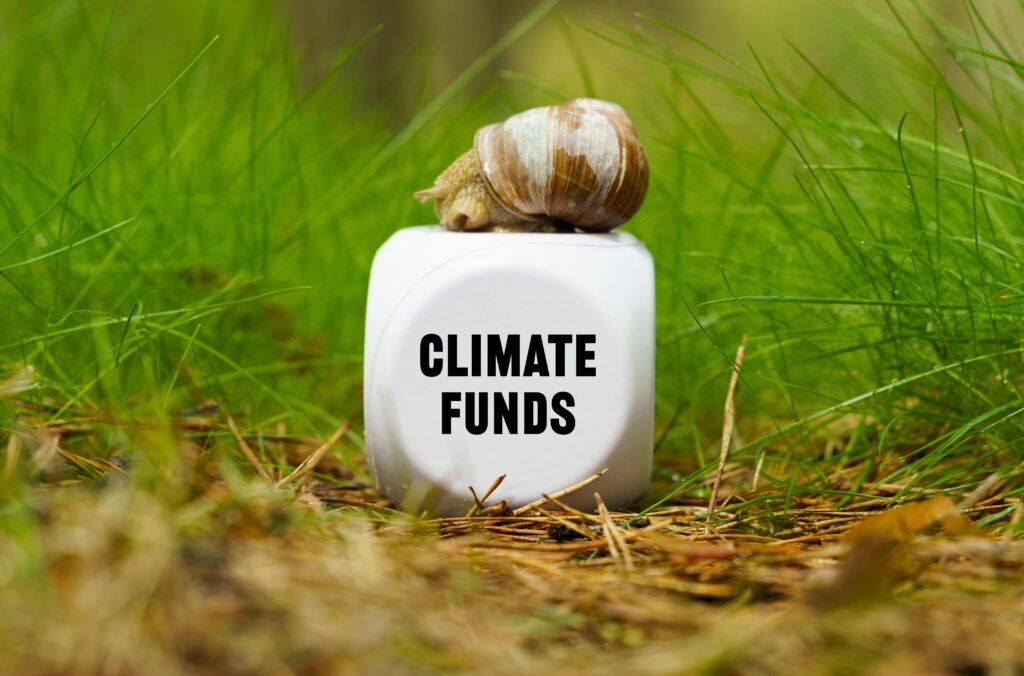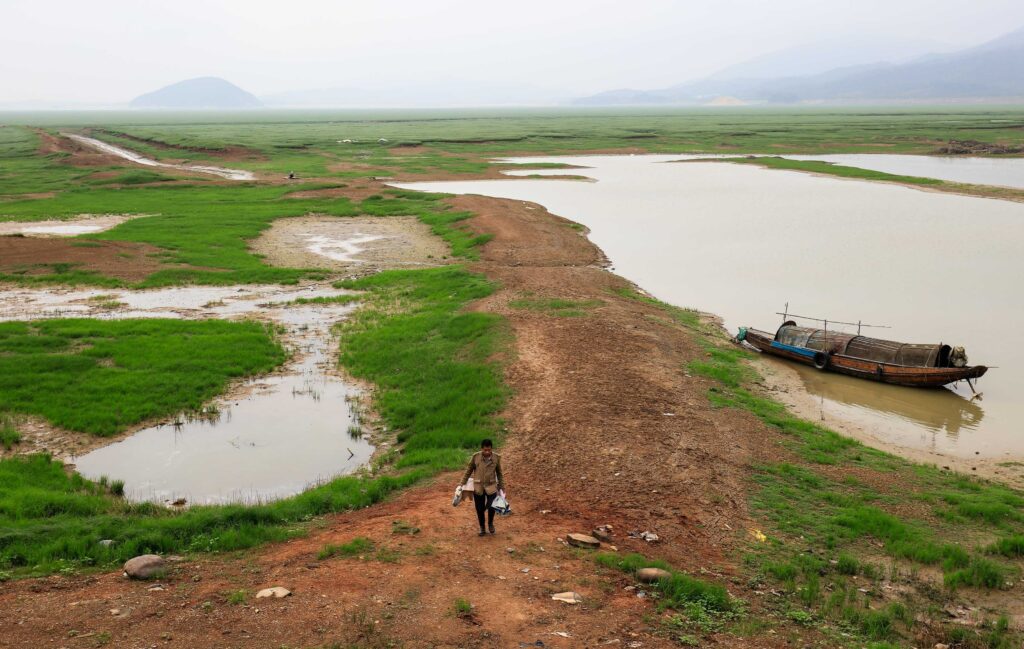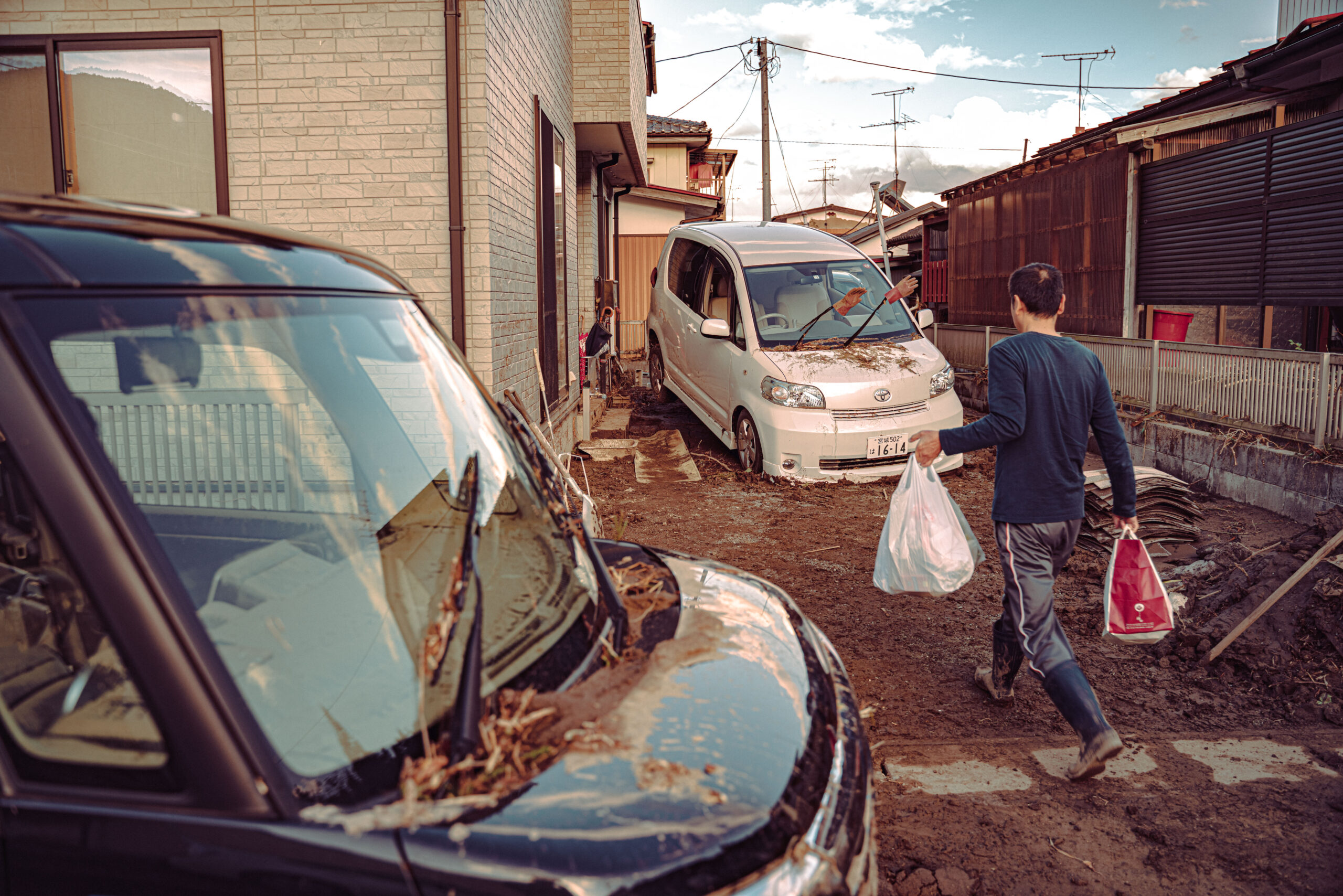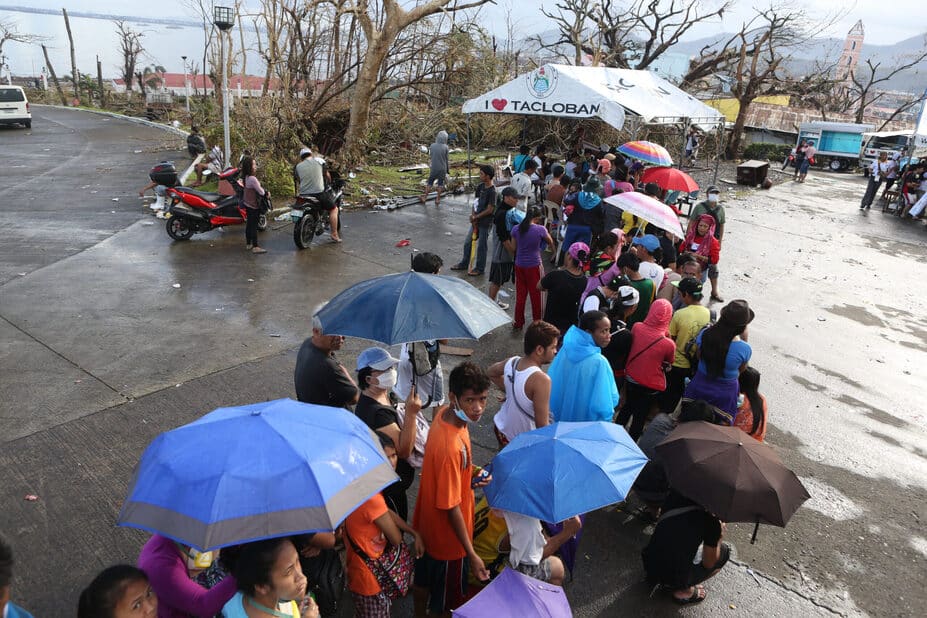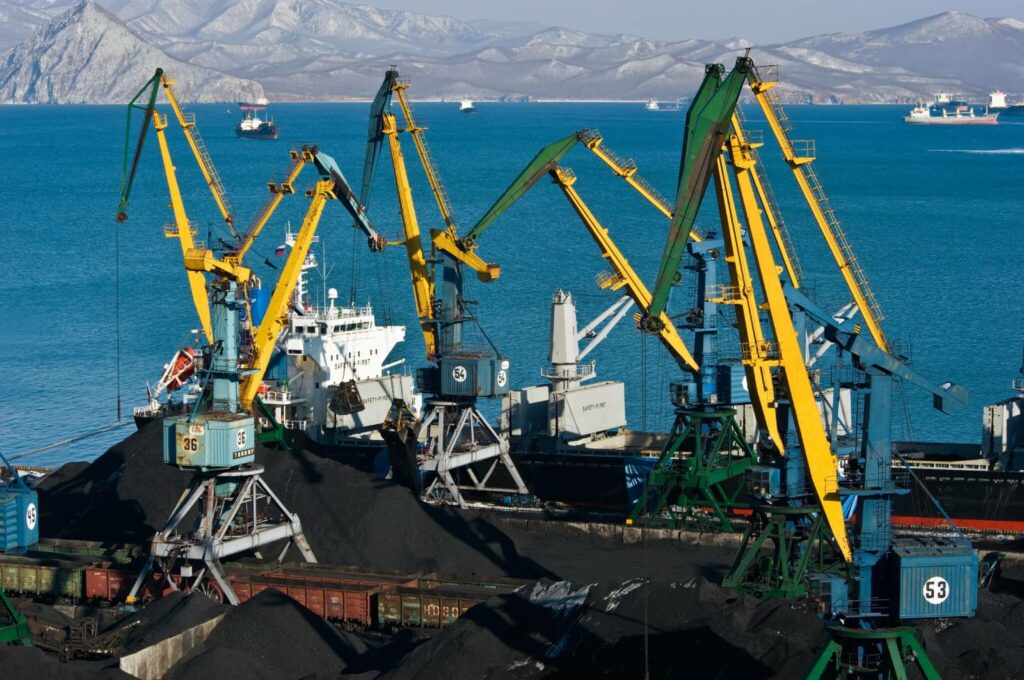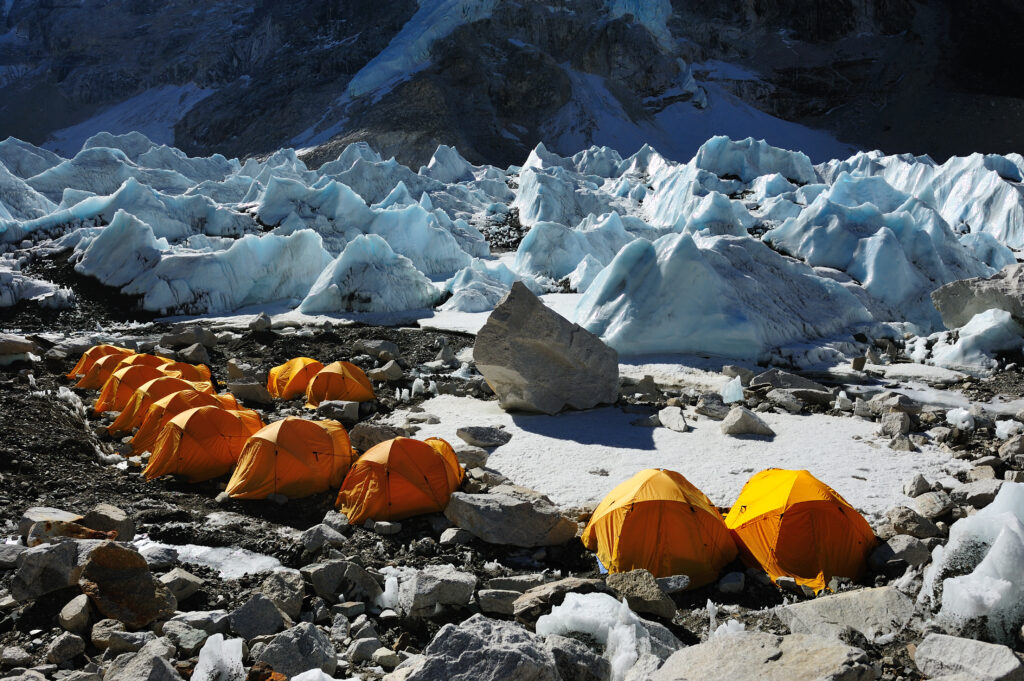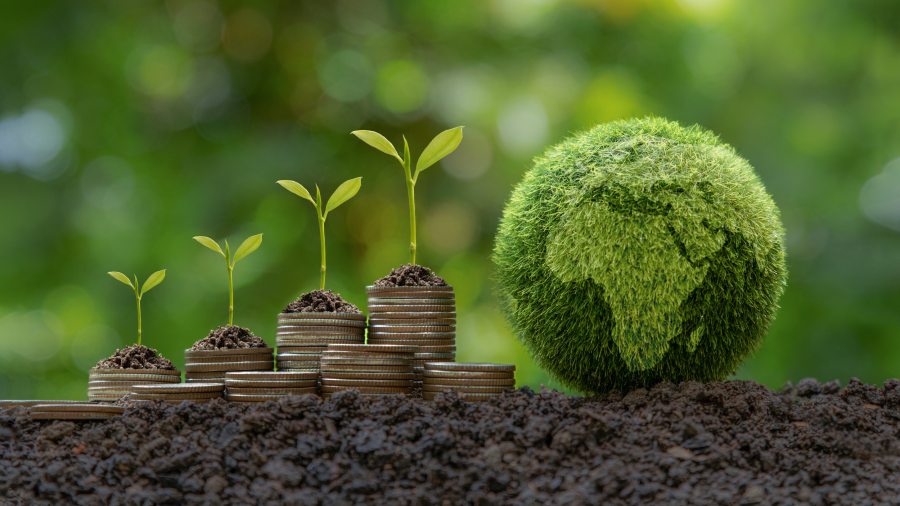Vietnam is the world’s second-largest coffee producer after Brazil, following two decades of rapid growth. Today, coffee in Vietnam accounts for 10% of the country’s agricultural export turnover and contributes around 30% of GDP in the Central Highlands — Vietnam’s key coffee-growing region. Beyond its economic significance, the sector supports the livelihoods of 2.6 million people. Among them are an estimated 640,000 small-scale farms, many of which belong to underrepresented communities.
Climate Change in Vietnam
While coffee has become a cornerstone of Vietnam’s agricultural economy, its growth has coincided with intensifying climate impacts that now threaten the industry’s future. According to the National Climate Change Committee, climate change-related natural disasters such as storms, floods and droughts directly affected the lives of more than 4 million people in Vietnam between 2012 and 2022. These events disrupt agricultural production, severely affect incomes and livelihoods and threaten food security. The Central and Central Highlands regions — Vietnam’s primary coffee-growing areas — are the areas most heavily exposed and vulnerable to these worsening climate extremes.
Climate Stress on Vietnam’s Coffee Industry
Worsening climate impacts mean Vietnam’s coffee plantations face increasing stressors, affected by prolonged droughts and rising temperatures, which reduce yields and affect crop quality. Furthermore, disease outbreaks have further compromised the quality of beans.
Recent severe droughts have scorched coffee plantations and exacerbated water scarcity for irrigation, said Dr. Majo George, senior lecturer at RMIT University in Vietnam, noting that this climate-related stress is particularly severe in the Central Highlands. This extreme and prolonged dry weather caused a 20% decrease in nationwide coffee production for the 2023-24 season, while exports have also fallen by 10% for the second consecutive year.
Threats to Coffee Production in Vietnam 2025
Further supply reductions could also be on the way in 2025, with growers highlighting the severe climate challenges they continue to face. “The drought was very bad for the flowering for the new 2024–25 crop because the coffee trees were already weak after the drought last year,” said Tina Trinh, a smallholder grower in coffee heartland Dak Lak. “When our family farm was hit by drought again this year most of the flowers died,” said Trinh. “After the drought, the very hot weather burned the leaves and left most of the trees defoliated,” Trinh added. “Now, the trees have at least 20 or 30% less fruit than we had in the last crop.”
These unstable conditions are creating severe volatility in the coffee market, with far-reaching implications. Phan Minh Thong, founder and CEO of Phuc Sinh Group, noted that coffee prices surged by 300% in 2024, with input costs increasing by 300-400%. Then, coffee prices dropped 20% in just one week. “The unpredictable fluctuations have not only surprised long-standing businesses with more than 20 years of experience in the industry like Phuc Sinh, but many small-scale retailers and coffee roasters will also face a crisis.”
Fluctuating Prices Are Harming Vietnamese Coffee Growers’ Well-Being
The impacts of fluctuating prices are not limited to economic shocks. Research indicates that these conditions are negatively impacting the mental health and well-being of Vietnam’s coffee growers. It is not just poverty that causes distress, but the risk of poverty from fluctuating coffee prices that significantly affects farmers’ mental well-being. “Coffee prices are notoriously volatile,” said researcher Dr. Saurabh Singhal. “Our results show that these fluctuations — by making future income uncertain — can have profound effects on the mental health and well-being of coffee farmers.” Dr. Singhal said. The findings also reported poorer physical health, lower levels of happiness and reduced overall well-being among the farmers.
The study highlights the need for stronger social safety nets to protect smallholder farmers from global price fluctuations. A multifaceted approach is needed, said Dr. Singhal. “Initiatives that promote price stability, fair trade practices and financial literacy among farmers are essential. So are programs that prioritise mental health support within farming communities, providing resources for coping with stress and building resilience.”
Nature-absed Solutions Can Build Resilience
The mounting challenges faced by Vietnam’s coffee sector — especially for smallholder farmers — underscore the urgent need to support growers in adopting climate-resilient techniques that also contribute to restoring biodiversity. As Boubaker Ben-Belhassen of the UN’s Food and Agriculture Organization (FAO) emphasised, increased investment in technology, research and development will be essential to building long-term resilience in coffee production.
Recent research from Vietnam’s Central Highlands highlights the use of shaded coffee agroforestry as a powerful nature-based solution. Integrating trees with coffee crops not only enhances carbon sequestration but also improves water-use efficiency and creates cooler, more humid microclimates that shield coffee plants during the harsh dry season. These systems maintained or even improved productivity, offering farmers higher income and more resilient yields.
In parallel, soil scientists are assessing plant and soil health and focusing on strategies to combat degradation caused by pests and diseases. Didier Lesueur, a soil scientist with the Alliance of Bioversity International and the International Center for Tropical Agriculture (CIAT) noted that agroecological practices, such as the use of cover crops and legumes like Crotalaria, have demonstrated success in suppressing pests and protecting plantations.
Amid intensifying climate impacts, safeguarding the livelihoods of Vietnam’s coffee growers demands immediate action to scale resilient practices and secure the future of one of the country’s most vital agricultural sectors.
Evelyn Smail
Writer, United Kingdom
Evelyn is a freelance writer and journalist specialising in climate science and policy, the just energy transition and the human impacts of climate change. She writes for independent publications, NGOs and environmental organisations. Evelyn has a background in sustainable development, climate justice and human rights.
Evelyn is a freelance writer and journalist specialising in climate science and policy, the just energy transition and the human impacts of climate change. She writes for independent publications, NGOs and environmental organisations. Evelyn has a background in sustainable development, climate justice and human rights.

